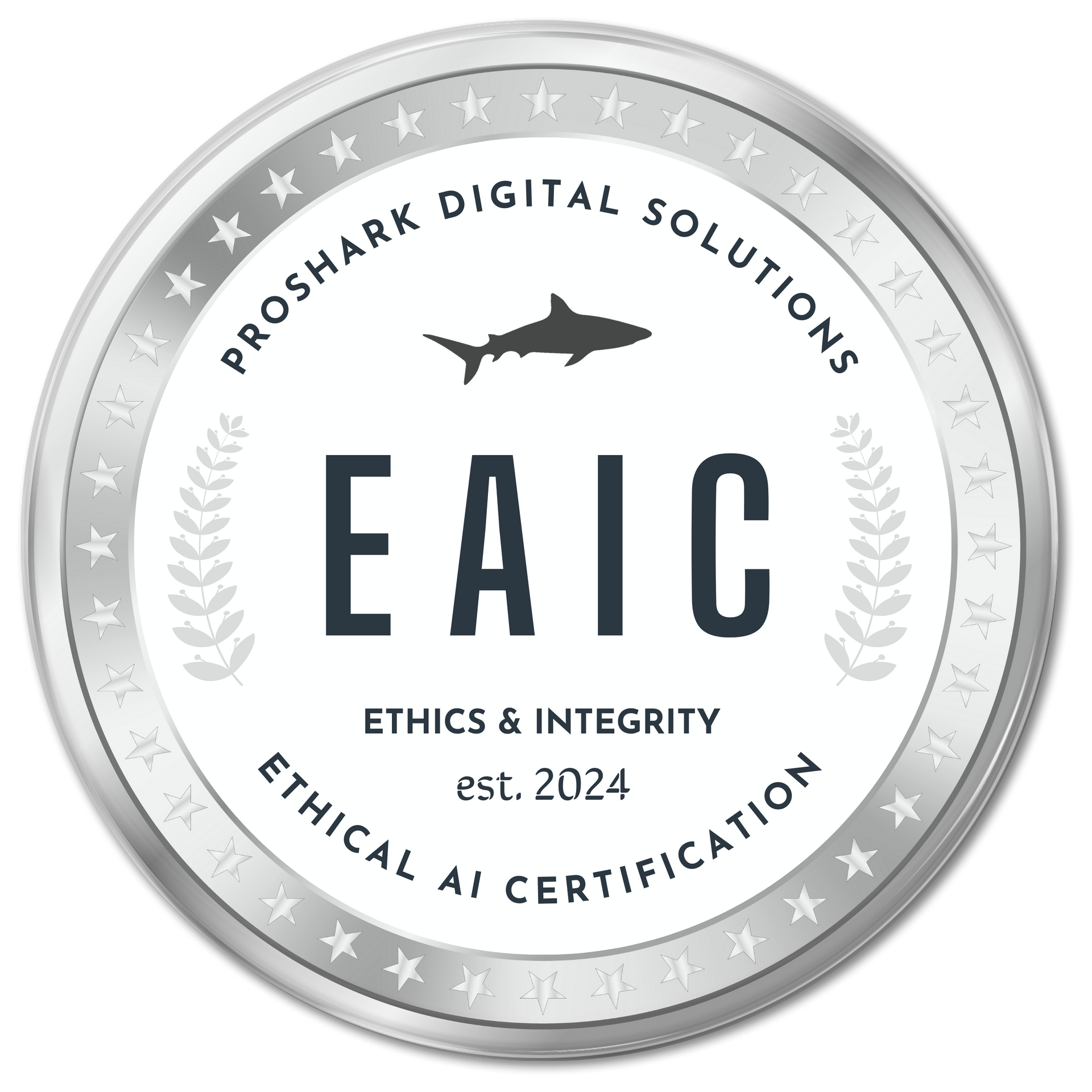Custom vs. Template Websites: What’s Best for Your Brand?
Choosing the Right Foundation for Long-Term Success

Introduction: Your Website is More Than Just a Digital Presence
Your website isn’t just an online business card—it’s your brand’s first impression, digital storefront, and marketing powerhouse all in one. In a world where online credibility can make or break a business, choosing the right approach to web design is critical.
Businesses face an important decision:
- Go with a ready-made template for a quick, cost-effective solution
- Invest in a custom-built website tailored to their unique goals
The decision between a custom and template website isn’t just about budget—it’s about scalability, branding, functionality, and long-term success.
This blog will break down the key differences, the pros and cons of each, and which option is the best fit for your business.
1. Understanding the Core Differences
A template website is built using pre-designed layouts with limited customization, while a custom website is designed from the ground up to align with your brand’s unique needs.
Template Website: Quick, Affordable, and Ready to Go
What it is:
- A pre-designed website with fixed layouts and basic customization options
- Typically built on platforms like WordPress, Wix, Shopify, or Squarespace
- Ideal for businesses looking for a simple, budget-friendly online presence
Custom Website: Fully Tailored to Your Business Goals
What it is:
- A website built from scratch with personalized design, branding, and functionality
- Developed with scalability, performance, and unique business needs in mind
- Best for brands looking for long-term growth and a competitive edge
2. Pros and Cons of Template Websites
Advantages of Template Websites
- Lower cost: Most templates are inexpensive or free, with some premium themes available for under $100
- Faster setup: Businesses can launch within days or weeks
- User-friendly: Drag-and-drop features make it easy for non-developers
- Pre-built features: Includes essential tools like contact forms, galleries, and e-commerce integration
Disadvantages of Template Websites
- Limited customization: You’re restricted by the template’s structure and functionality
- Generic design: Many other businesses may be using the same template
- Scalability issues: Templates can struggle to support large, growing businesses
- SEO and performance limitations: Many templates come with bloated code, slowing down site speed and affecting search rankings
- Less brand identity: Limited flexibility makes it harder to create a truly unique brand experience
Best for:
- Small businesses, startups, or personal brands with a limited budget
- Businesses that need a simple, brochure-style website without complex functionality
- Short-term projects where customization isn’t a priority
3. Pros and Cons of Custom Websites
Advantages of Custom Websites
- Unique branding and design: Fully tailored to your brand’s identity and vision
- Unlimited scalability: Custom sites grow with your business, allowing for expansion and feature upgrades
- Optimized for SEO and performance: Faster page speed, better code structure, and higher search rankings
- Better user experience: A custom website is designed for your specific audience’s needs
- Full control and flexibility: You’re not restricted by pre-built structures, ensuring the site meets your exact requirements
- Stronger security: Custom websites can implement advanced security measures to protect data
Disadvantages of Custom Websites
- Higher cost: Custom development requires an upfront investment
- Longer development time: Building from scratch can take weeks or months
- Requires professional help: A skilled developer or agency is needed to build and maintain the site
Best for:
- Businesses that want a strong, unique online presence tailored to their brand
- Companies looking for long-term scalability and custom functionality
- E-commerce brands, agencies, SaaS companies, and high-growth startups
4. The Long-Term Impact of Your Choice
Your website isn’t just a one-time investment—it’s a growth tool.
While templates might seem cheaper upfront, many businesses outgrow them quickly. When a template no longer meets their needs, they’re forced to rebuild—often costing more in the long run.
A custom website, on the other hand, provides flexibility, scalability, and optimization for future success.
Questions to Ask Before Deciding
What are my business goals in the next three to five years?
- If you plan to scale, a custom site is a better long-term choice.
How important is branding for my business?
- If brand identity is critical, a template may not be enough.
Do I need advanced features like custom dashboards, AI tools, or integrations?
- If yes, templates may not support these needs.
Am I prioritizing cost over performance and user experience?
- If budget is the only concern, a template is an option. But for better performance, custom is best.
5. Making the Right Choice for Your Business
Both template and custom websites have their place. The best choice depends on your specific needs, goals, and budget.
Choose a Template Website If You:
- Need a simple online presence without advanced features
- Have a limited budget and need a quick launch
- Are running a personal blog or small-scale business
Choose a Custom Website If You:
- Want a unique, brand-specific experience that stands out
- Need a high-performing site optimized for SEO, conversions, and growth
- Plan to scale and require advanced functionality or integrations
Conclusion: Your Website is an Investment in Your Brand’s Future
Your website is one of the most powerful marketing tools your business has. Whether you choose a template or custom design, it should align with your long-term vision, performance needs, and brand identity.
A template site is a quick fix, but a custom website is a long-term asset that drives business growth.
If your brand is built for success, your website should be too.







